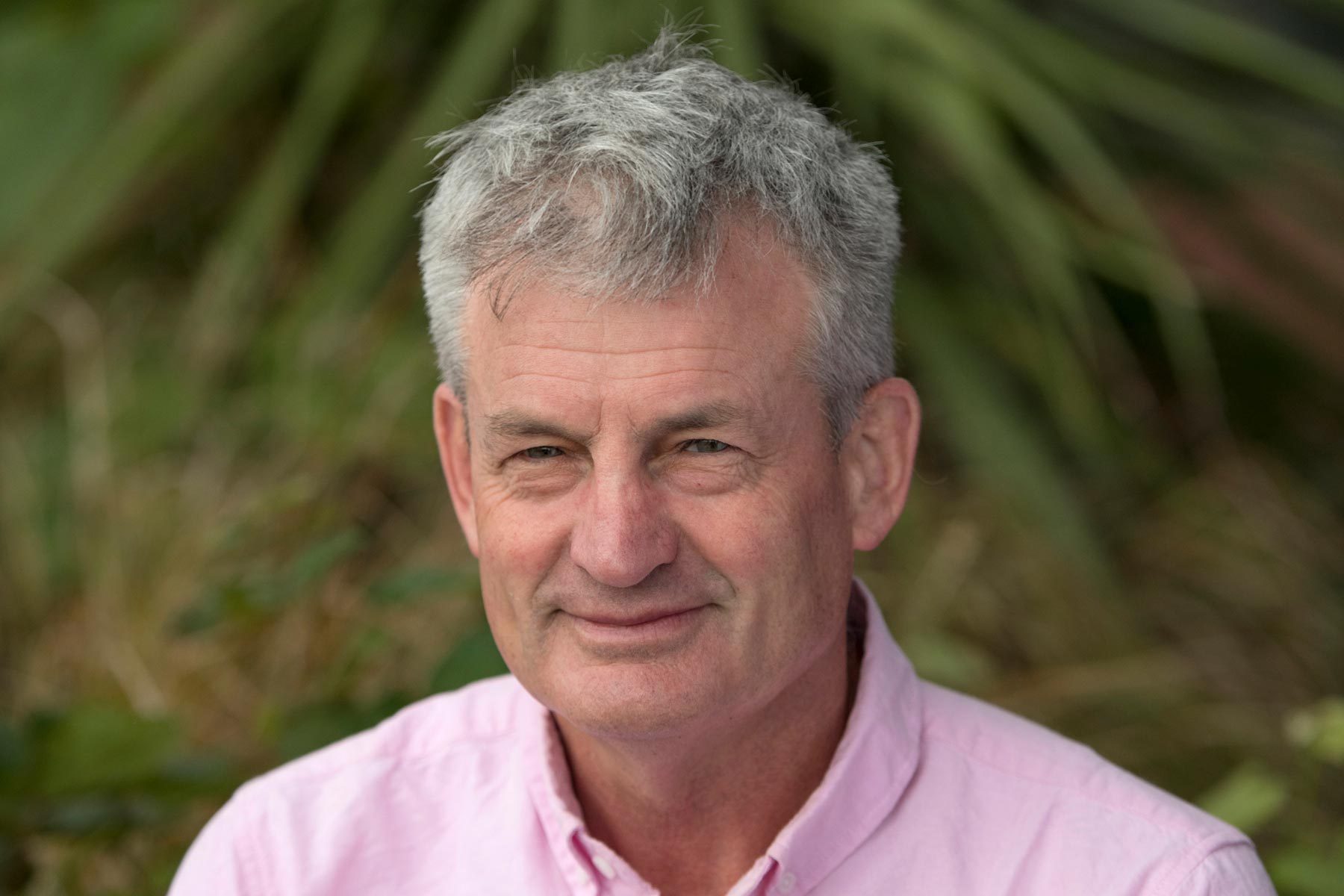Investigation wins top award
Five years ago the words ‘regenerative agriculture’ would not have caused a stir.

Five years ago the words ‘regenerative agriculture’ would not have caused a stir.
Now it is promoted as the answer to New Zealand agriculture’s problems, but top ag scientists say what problems?
Regen ag promoters have convinced people there was a crisis when there was none.
The scientists said NZ had developed world-leading pastoral production systems backed by proven science.
Regen ag started in the United States as a reaction to degraded soils and spread to Australia.
Scientists said NZ didn’t need to follow regen ag which was a faith-based ideal and exploitative. Farmers were being sold products based on pseudo-science.
Rengen ag proponents have been active in recent years and gained a growing following including politicians.
The Ministry for Primary Industries has shelled out millions of dollars for regen ag including $1.86 million to Quorum Sense, a trust promoting the practice.
Country-Wide recently won the Rongo, the supreme prize in agricultural journalism for a series of articles investigating regenerative ag from November 2020 to June 2021. It included Landcare’s white paper, a report on regen ag which scientists criticised for a lack of research, questionable science and emotive language.
Landcare complained about the coverage and the complaint was later upheld by the Media council. The council found the April issue’s article and editor’s note were unfair to white paper lead author Gwen Grelet (August p31). Country-Wide revealed Grelet was on the board of Quorum Sense as a technical adviser. This was not highlighted in the white paper. Grelet is now listed as a technical adviser for Calm the Farm which helps farmers transition to regen ag.
Scientist Dr Doug Edmeades said regen ag supporters made claims which were not backed with scientific evidence, rather it was pseudo-science. Regen ag was trying to discredit conventional farming with claims soils were degenerating when production was increasing year on year. Surveys in 2014 and 2017 showed NZ ag soils, apart from a few exceptions, were in good order.





